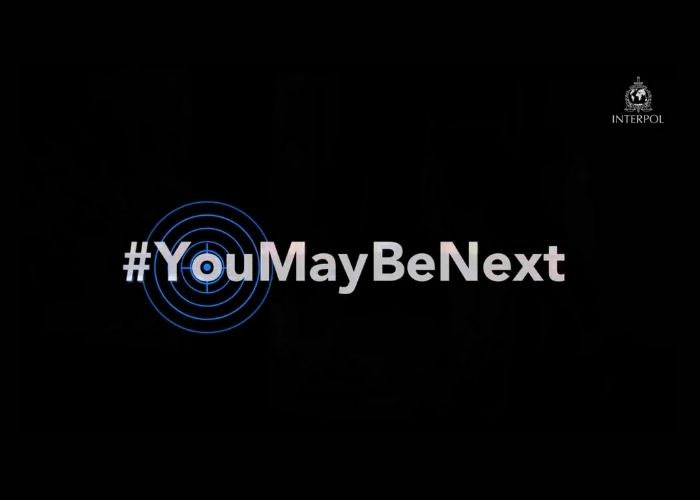INTERPOL’s latest awareness campaign aims to remind the public that cyberattacks can happen to anyone at any time. The #YouMayBeNext campaign will focus on cybercrimes that involve extortion.
The #YouMayBeNext campaign highlights digital extortion threats and how to keep safe from cyberattacks. According to Interpol, the main areas that include extortion are as follows;
- Sextortion: this is when criminals coerce or trick their victims into sharing explicit images or videos. These are then used for blackmail.
- Ransomware: this is a type of malware, which normally encrypts files or steals sensitive data from a system. Criminals then demand money for decryption of files, or threaten to disclose sensitive data if the ransom is not paid.
- A Distributed Denial-of-Service (DDoS) attack: this is a malicious attempt to disrupt the normal traffic of a targeted server, service or network. It does this by overwhelming the target or its surrounding infrastructure with a flood of Internet traffic. Furthermore, some cybercriminals even threaten individuals or organisations with a DDoS incursion unless an extortion demand is paid.
#YouMayBeNext
The campaign will run until June 17 mainly through social media platforms. During the campaign, various tactics used by cybercriminals for exploitation purposes will by highlighted. There will also be tips on how to spot the scams, and also how to ensure that you and your business are better equipped. There will be advice on how to safeguard systems, networks and devices.
Opportunity and vulnerability
Craig Jones, INTERPOL’s Director of Cybercrime said, “people often do not think or believe they will fall prey to cybercrime until it is too late. Unfortunately, cybercriminals exploit every opportunity and vulnerability that they see in networks, systems and programmes. They do this by taking advantage of vulnerabilities. As a result, they can cause severe financial loss, distress and harm to millions”.
Policia Nacional support #YouMayBeNext
In support of the campaign, the Policia Nacional asked the question on Twitter, “do you know enough to navigate on the Internet without risk?” Furthermore, they invite you to complete a short questionnaire prepared by Interpol to highlight how secure or not you may be when online. Click here to complete the 5 questions.
Also read: Police give talk to elderly on safety and internet security


